Securing an apprenticeship is your first step to being a successful sports coach. Towards the end, you may have so many tasks to complete that it’s easy to forget that this is only the beginning of your career. Your apprenticeship has provided you with so much insight into sports coaching. You understand what skills are expected, the challenges you may face, and maybe even what you want to specialise in.
This guide will help you continue your career so you can become the most successful sports coach you can be.
Make sure you take stock of your time as an apprentice
Put together a type of SWOT analysis on your experiences as an apprentice. Instead of Strengths, Weaknesses, Opportunities and Threats, swap Threats for Challenges. Look at your apprenticeship critically. Do you work well with children and young people? If you have experience in professional sports, you may want to work with athletes.
Now that you’ve run sports coaching sessions, pick the areas you enjoyed most. Try to avoid administrative or operational areas such as checking equipment or signing participants out of sessions. Look at areas that helped you feel positive about your day’s work, such as encouraging unengaged participants to take part.
Spend your time networking and building connections
Don’t wait until the end of your apprenticeship to start making connections. Find events where people discuss sports coaching or events where sports are being played. Often, just striking up a conversation or seeing a leaflet for a sports session will give you ideas of people to contact for possible job opportunities. Look for boards in supermarkets, adverts online, job boards or attend sporting events for possible contacts.
The organisation you’re working with is full of people you’ve worked with or stakeholders that you’ve spoken to. They can give you constructive criticism about your progress or ideas about areas or people that they know could help. Ask your current employer if they’re considering hiring too. You already know the company, and just asking could get them thinking about the value you already offer.
Create your own coaching philosophy
During your time as an apprentice, you’ve been learning on the job and in class. In class, you study areas like physiology, biology, psychology, child development and health and safety. You’ve learned the theoretical approach and the practical approach to building sports coaching sessions. Use this knowledge to develop a coaching philosophy.
A good coaching philosophy should include what you know and what you’ve experienced. Include what you want for your participants, how you’ve committed to treating participants and stakeholders and what target you’d like to reach with your sessions broadly. If you want to coach children, your philosophy could include how important it is to work towards full engagement for all participants.
Plan for future coaching accreditations
A sports coaching apprenticeship is not the end of your learning. Methods and practices change, but there are up to 7 levels of sports coaching available to you. Continue your studies to earn more and to specialise in areas like strength and conditioning, rehabilitation or to become a PE teacher or curriculum coordinator. There are endless opportunities for you as a sports coach.
Better mental and physical health have become significant areas in industry and policy. That means as the industry or government direction changes, so does what you need to know. Set up Google alerts to follow updates in your sector to keep an eye on changes. Research accreditations, as well as how much they cost, so you can prepare to include them in your career plan.
Develop a strategy for career progression
Planning for a successful career is about putting together checkpoints. The qualifications you need to get to your goal. The skills you need to learn and the challenges you need to overcome. As you go through your career, you might find that your goals change. You might find a new specialism or have a breakthrough with a group of participants. These areas can help you choose how to progress.
Make a quick map that plots the places you want to be. Add in the time you want to take to complete them and how much money you’ll need to get there. Start with your end goal and work backwards, pointing out possible problems and challenges, then research them to figure out your best way to overcome them. Don’t forget to ask other coaches for their advice. Every resource is useful when you want to be great.
Check out our apprenticeship page to find out how to start your journey. And if you’re already an apprentice, check out the other guides in this series:












